IKEA Australia has partnered with North Sydney-headquartered clean energy solutions company Smart Commercial Solar (SCS) to install a $2.9 million (USD 1.8 million) 2,034 kW rooftop solar, and battery energy storage system (BESS) on a western Sydney distribution centre.
Located 47 kilometres northwest of Sydney at Marsden Park, the system will eventually generate up to 70% of the 24/7 warehouse operation’s energy needs, employing 4,126 solar panels, over an area of 8,992 metres squared.
The system will support a total onsite solar energy consumption of 2,217 MWh per year, with 491 MWh per year exported to the grid.
The clean energy system will power both IKEA day-to-day operations in the distribution warehouse, as well as charge the electric vehicles used for IKEA home delivery services.
The 1 MWh BESS will support the facility’s total estimated energy usage of 2,970 MWh per year and contribute to an annual cost saving of $265,000, while supporting the centre’s operations during periods of peak demand and overnight.
IKEA Australia’s latest sustainability report shows the company has reduced its operational climate footprint since FY16 by 89%, while growing revenue 68%.
IKEA Australia Country Sustainability Manager Renea Robson said the significant reduction of emissions while growing the IKEA Australia business proves investing in climate action and delivering commercial success is absolutely achievable – together.
“This new project we are proud to launch today at our Marsden Park distribution centre is a standout example of the kind of investments we are making; not only because they are good for the planet and taking our renewable energy ambitions to the next level, but because they benefit our business, too,” Robson said.
IKEA Australia has solar panels installed on nine out of 10 ‘big blue box’ stores, in addition to the Marsden Park distribution centre, achieving in FY24 100% renewable electricity use in its retail operations drawn from onsite operations and large-scale renewable energy certificates (LGCs).
Projects like the 2,034 kW hybrid rooftop and battery installation at Marsden help reduce the company’s need for certificates.
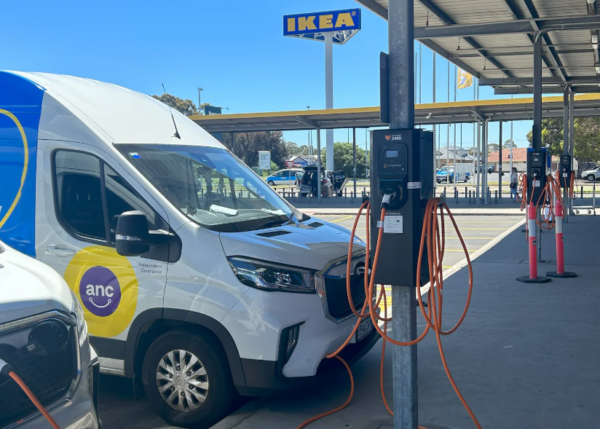
Image: IKEA Australia
BESS installation
Smart Commercial Solar said a challenge for completion of the project was obtaining complying development certification (CDC).
SCS Senior Project Manager Frank Placko told pv magazine this delayed the battery installation, but the company was able to support IKEA with the necessary documentation, and the certification has been received.
“Another challenge was the DC cable run. Initially, there wasn’t room along the traditional route, so an alternative path was suggested that would have been 100 metres longer—right at the cable’s capacity limit,” Placko said.
“In the end, we decided to keep the cable tray on the preferred side of the building by running it across the skylights. To do this safely, we installed permanent skylight protection, ensuring both a safe installation and long-term safety for IKEA’s maintenance team.”
Smart Commercial Solar Chief Technology Officer Kealy Day added that the battery storage had to be placed in the car park, far from the inverter station.
“This required council approval and the construction of a protective structure to ensure longevity. We worked through these challenges in collaboration with IKEA and GHD to deliver a successful outcome,” Day said.
Placko added that in the commercial industry space however, batteries are still considered relatively new technology.
It was not the first time SCS however had tendered battery solutions to IKEA.
“With advancements in battery technology and market developments, costs have come down to the point where it made financial sense for IKEA to move ahead. We were fortunate to be selected as their partner for this project,” Placko said.
He added the project delivers key benefits for IKEA including significantly reducing their onsite energy consumption through a combination of solar and battery storage.
“Second, it provides a visible demonstration of their commitment to reducing their carbon footprint, which is important for both their business and their customers,” Day said.
This content is protected by copyright and may not be reused. If you want to cooperate with us and would like to reuse some of our content, please contact: editors@pv-magazine.com.
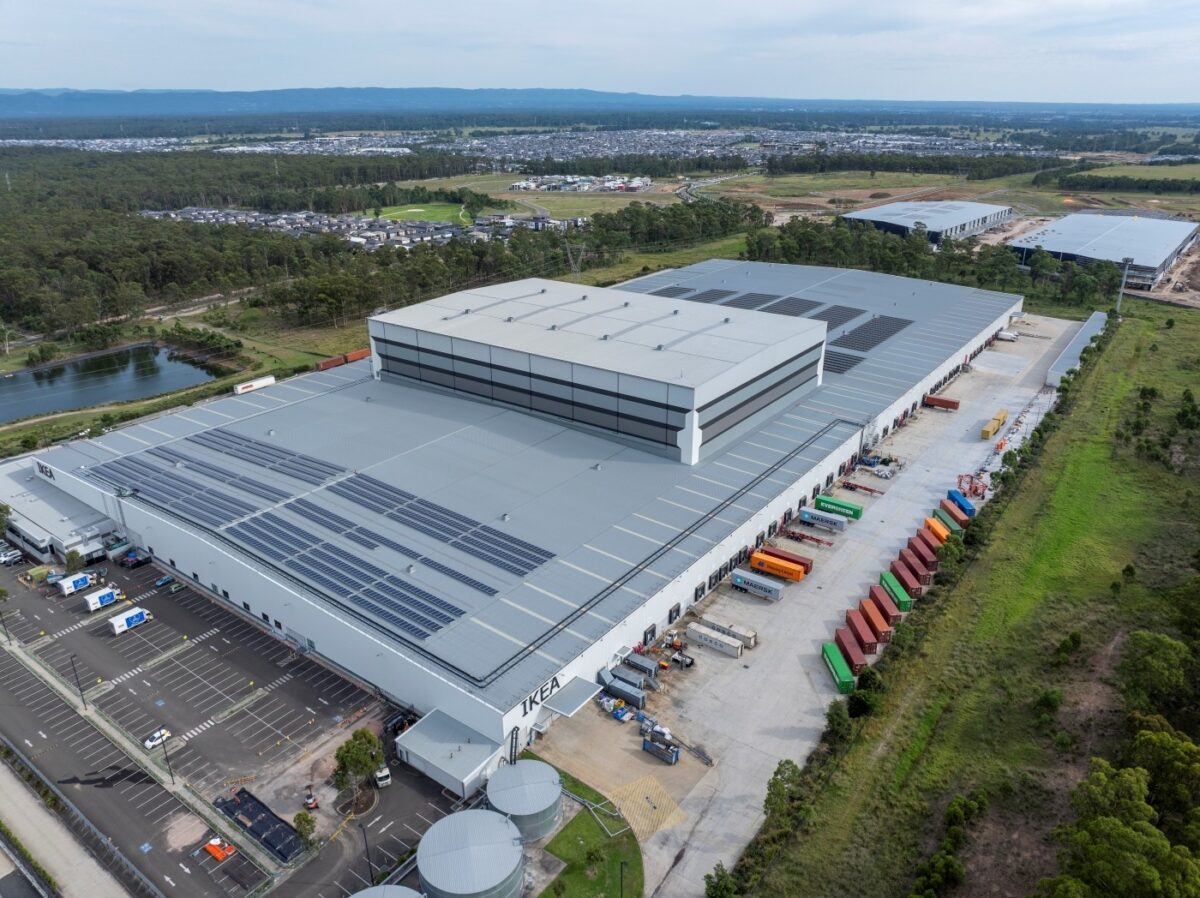
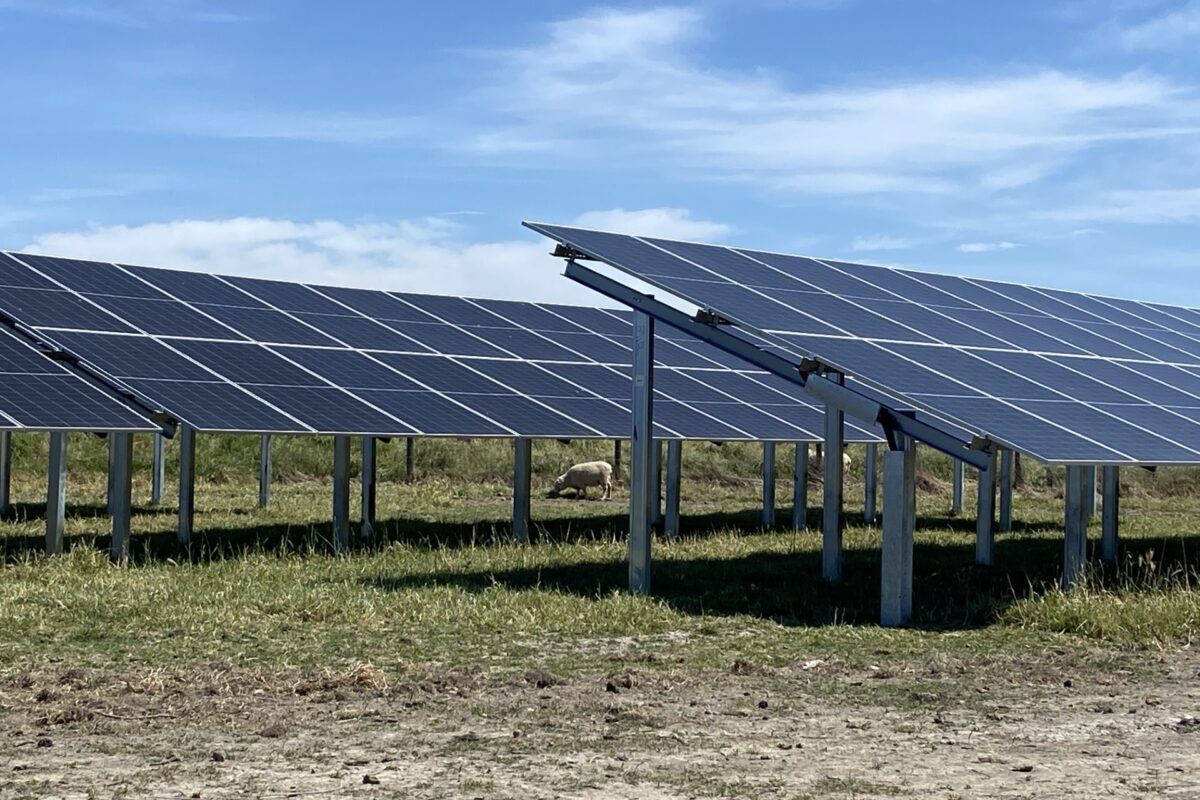


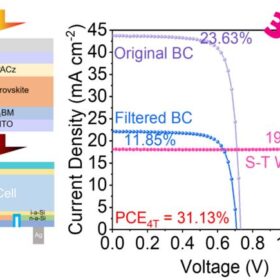
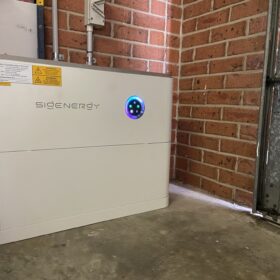
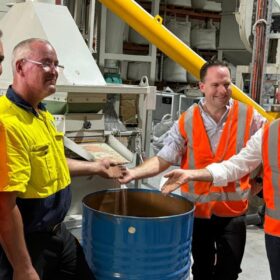
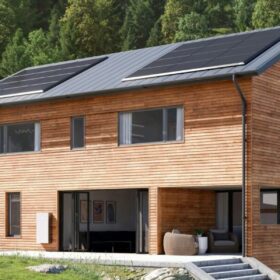
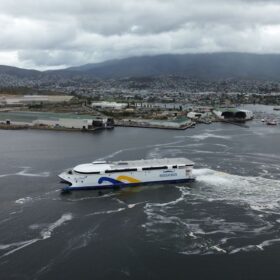
Typo corrections needed 2,034kW 🤣REALLY! That’s my house system size 😄all of ‘8’ panels too.
Report correctly surely 2,035MW😊🌞😊
So much for Ai ,back to basics pv mag not a good look
Hi Kevenergy, thanks for reaching out. The IKEA system is correctly reported (by this human) as 2,034 kW, which is another way of saying 2.034 MW (i.e., 1,000 kW = 1 MW). Typical home rooftop systems are between 3 kW to 10 kW, so your 8-panel system probably falls somewhere between that.